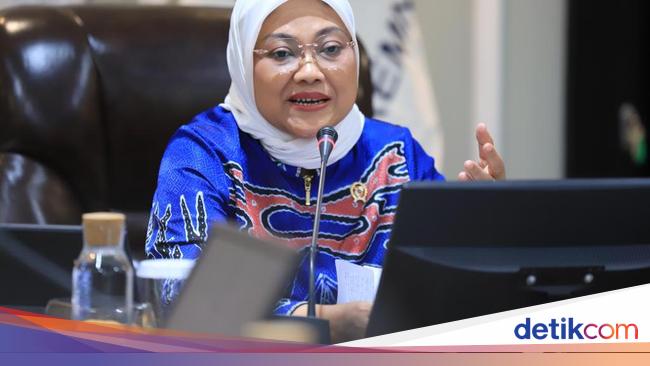The future of music and its consumption becomes by itself a matter to be discussed from very different perspectives. What if the evolution of recording formats, what if the consideration of copyright, what if consumer platforms.
Some time ago Stephen Witt addressed it in his text “How we stopped paying for music”, when he pointed out the genesis of the digital sound industry coinciding with the end of what was known until the second decade of the 2000s.
From analog tools to resources in physical format that condensed recorded sounds, to intangible sites that allowed free downloading of any song or melody found on the Internet, Witt’s analysis condenses a fragment of one of the most successful in history.
However, what initially seemed costless to the user turned into an issue that ended up benefiting only the owners of the platforms. Given that the digital meaning of music made it necessary to discard tangible collections in order to opt for playback on demand, listening habits changed and with it the logic of consumption.
Nowadays, the music that according to Witt we stop paying for is paid for with data, not only from the Internet connection, but with the information that as users we lavish on the providers of the service. This in the face of a business model that skimps profits to the maximum for the creators of sound works.
However, who would have thought that the infodemic would be the trigger for artists to raise their voices and literally go elsewhere with their music. The Spotify case has brought with it the refusal of legends like Neil Young and his former colleague, Graham Nash, as well as Joni Mitchel, so that their music continues to play on the streaming channel.
This is thanks to The Joe Rogan Experience, a podcast noted for spreading disinformation about Covid-19 and using racial slurs, is still present on the platform despite the complaints made by users and celebrities about it. Until then, everything would be a matter of eliminating selective content or canceling the attribute to upload Joe Rogan’s podcast, if it weren’t for the fact that there is an agreement between the parties for a hundred million dollars.
It is significant that 113 episodes of the podcast have been eliminated, even though the purge does not completely prevent continued access to Rogan’s content and does not prevent music stars from continuing to leave the space and deprive users. to listen to your music.
It is curious that, contrary to Stephen Witt’s idea, we continue to pay for music not only with data, but with the hypothetical attention to content that, far from being indexed, promotes hate speech and false and tendentious information.
@fulanoaustral
–


